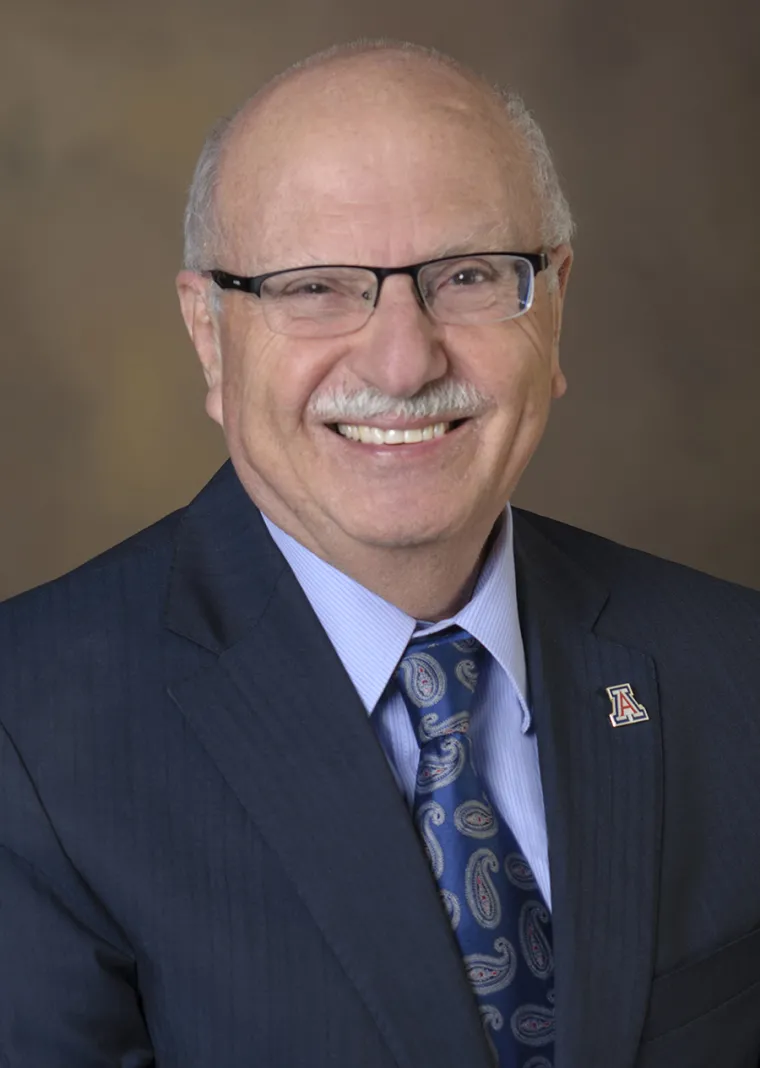Fayez K. Ghishan, MD

Dr. Ghishan is internationally recognized for his research in pediatric gastroenterology and nutrition, having made multiple discoveries in phosphate transport and contributed to the major textbooks in pediatric gastroenterology.
His work has been continually funded by the National Institutes of Health for more than 30 years. His research focuses on the ontogeny of intestinal transport, which he has brought to the highest level of research intensity from in vivo to genetic regulation. Dr. Ghishan was the first scientist in the world to clone the sodium hydrogen exchanger (NHE-2) and define its function in the gastrointestinal tract and in the kidney. He contributed significantly to our understanding of how electrolytes are transported during early life in relationship to diarrheal disorders.
Degrees
- University of Ankara, Turkey, 1966
physiology and pathophysiology of the intestinal transport of nutrients and how it relates to autoimmune disorders, inflammatory bowel disease, microbiome and its role in health and disease

